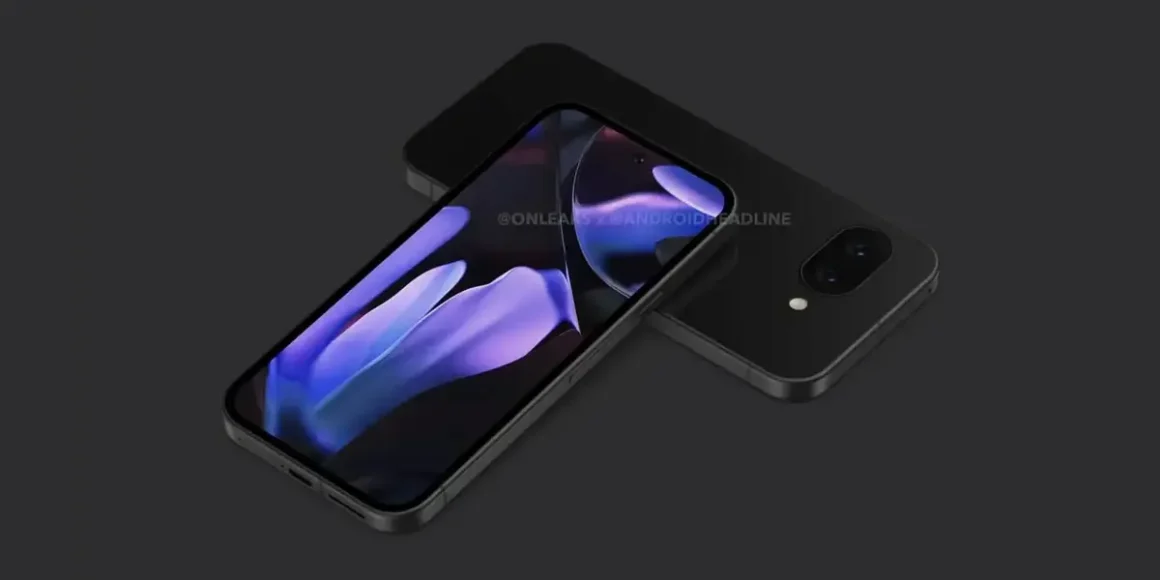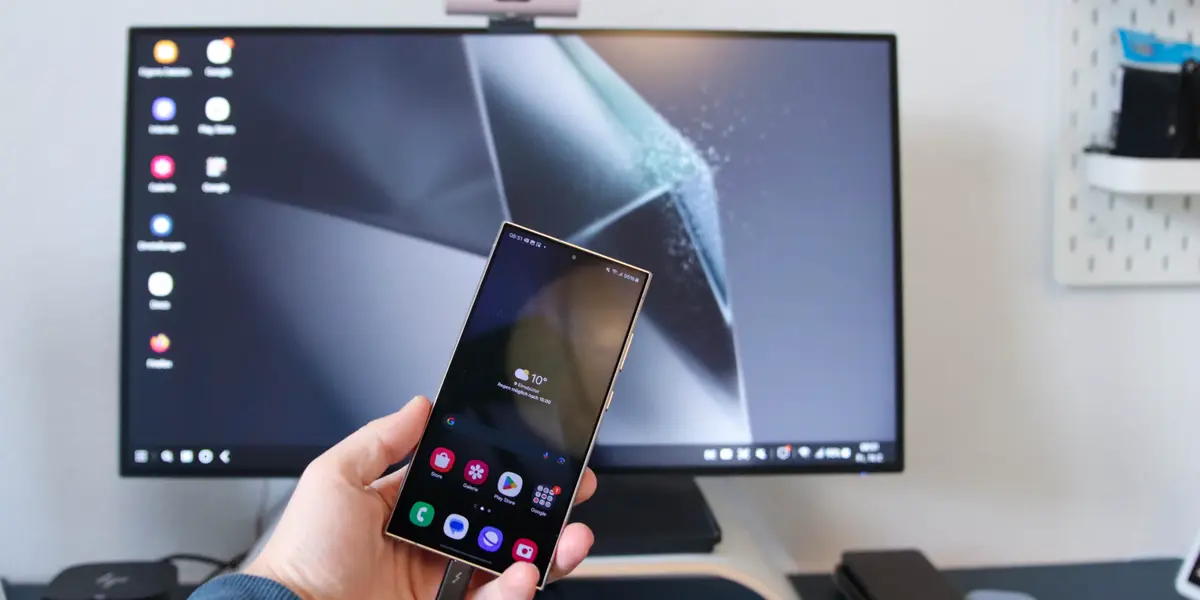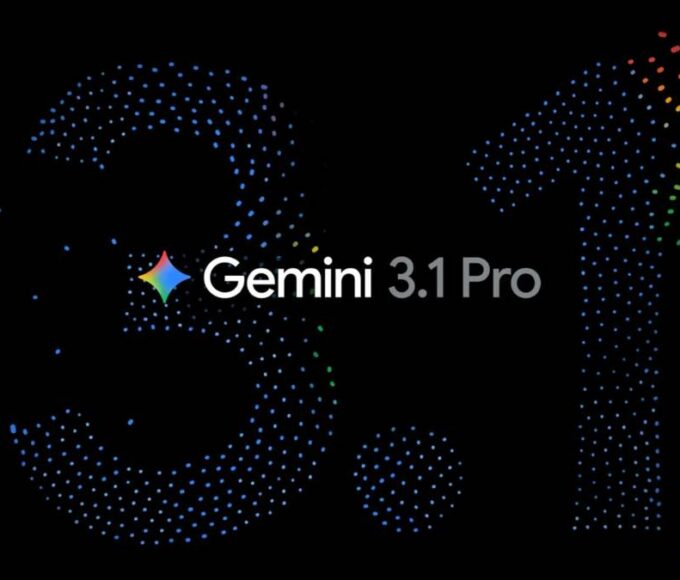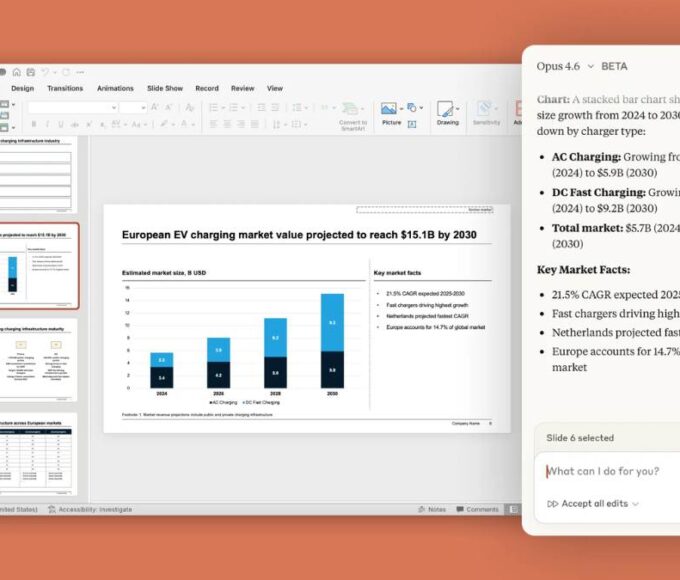Google had a strong year in 2024, launching its biggest lineup of products, including the Pixel 9 series, and expanding its Gemini AI platform to more countries.
The release of Gemini 2.0 further solidified its position as a competitor to OpenAI’s ChatGPT. While these advancements were significant, experts believe the impact of Gemini AI on Pixel sales is still unclear.
Features like Circle to Search have been praised for their innovation, but AI is not yet a major factor for most consumers when choosing a phone.
Rumors suggest that Google’s Pixel 10 series, set for 2025, will feature the Tensor G5 chip manufactured by TSMC, which could address issues like battery performance and connectivity.
Samsung, on the other hand, faced challenges in 2024 despite a strong start with its Galaxy S24 and A series. Its foldable lineup, including the Galaxy Z Flip 6 and Z Fold 6, received criticism for offering minimal updates compared to previous models.

This led to a drop in market share, with Samsung’s global share falling from 20% to 18.4% in Q2 2024. A rare public apology from Samsung’s leadership acknowledged the lack of innovation and promised improvements.
Analysts suggest Samsung needs to focus less on competing with Apple and more on innovating within the Android ecosystem, particularly with foldable devices.
Both companies have clear paths for improvement in 2025. Google is expected to expand Gemini AI across more platforms and refine its hardware.
Samsung needs to regain its leadership in the foldable market and focus on delivering meaningful updates that excite users.
While 2024 highlighted their strengths and weaknesses, 2025 could be a transformative year for both tech giants.












Leave a comment